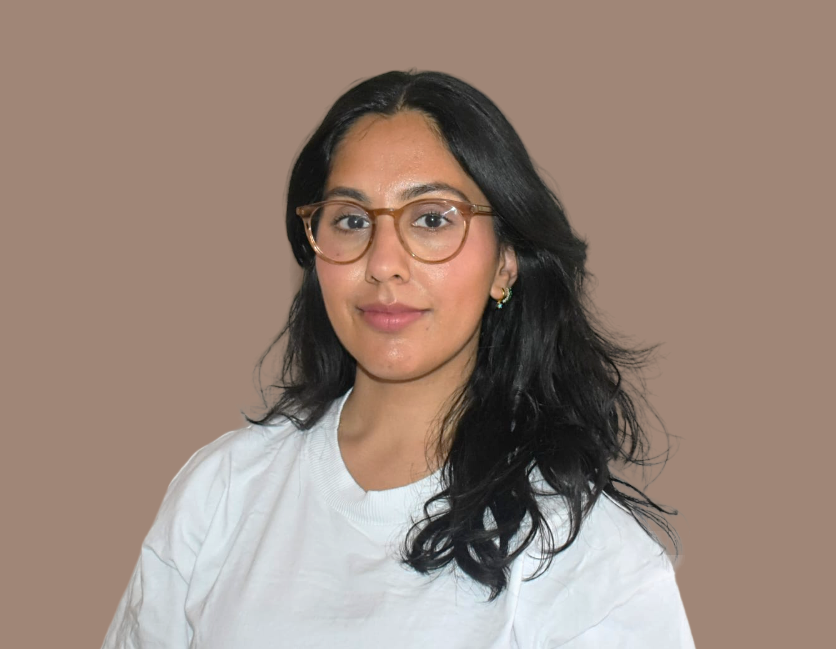#Ideas
This stunning map shows the world’s shipping routes
Shipmap.org is an amazing mapping project that visualizes the movements of the global merchant fleet over the course of 2012, overlaid on a bathymetric map.
Once you hit the play button the journey begins. The animation and audio guide will take you to an interesting tour explaining some of the patterns that can be observed on the map. Try it out:
Created by London-based data visualisation studio Kiln and the UCL Energy Institute
The map is based on the exactEarth for AIS data (location/speed) and Clarksons Research UK World Fleet Register (static vessel information) that features information like engine type and hull measurements. With this information it was possible to compute the exact CO2 emissions.
Really interesting project.

#Ideas
#Contributing Writers
#Featured
#Fun
#Ideas
#People
Share Your Insights: Geoawesomeness is Looking for Contributing Writers
#Featured
#Fun
#Ideas
The Geo Geek Gift Guide: 10 Christmas ideas for the geo geek in your life
#Ideas
#People
#Satellites
#Science
AI Assistance in Creating 3D City Visualizations




